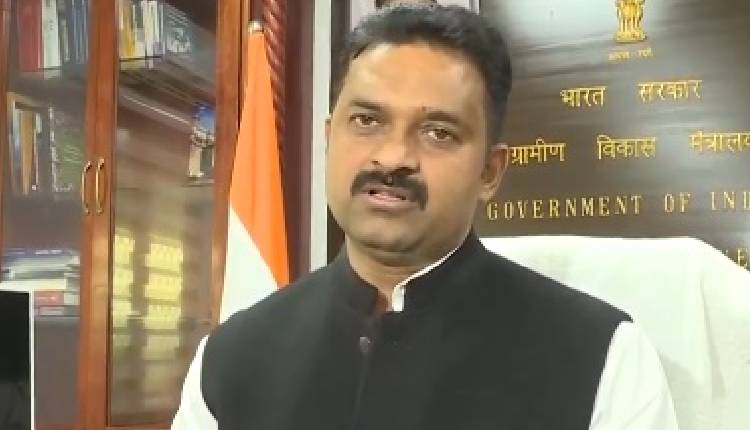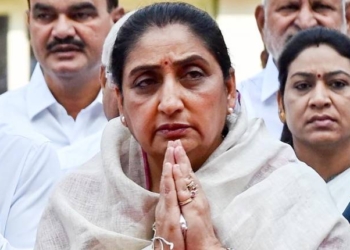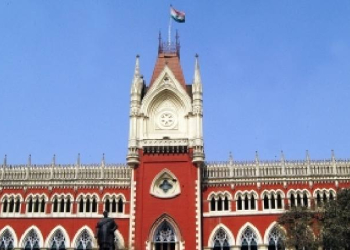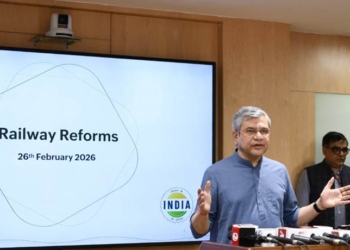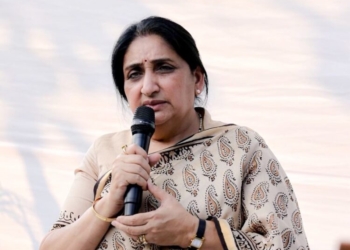New Delhi: Under the Pradhan Mantri Gramin Sadak Yojana (PMGSY), a total of 8,695 km of roads have been built across the country in 2024-25 so far, with Uttar Pradesh being the biggest beneficiary with 2,094 km, the Parliament was informed on Friday.
A total of 26,099 km of roads were built under the rural connectivity scheme in 2023-24, 29,739 km in 2022-23 and 42,004 km in 2021-22, said Minister of State for Rural Development Kamlesh Paswan in a written reply in Rajya Sabha.
Uttar Pradesh has been the biggest gainer under the scheme over the last three years. In 2023-24, UP got 6,799 km rural roads, in 2022-23 the state built 5,011 km of roads and in 2021-22 the state built 3,368 km roads, he said while replying to a question by Ashokrao Chavan of the BJP.
In the current financial year, the other major beneficiary states under the Central government-supported rural road scheme include Rajasthan (851 km), Bihar (773), Maharashtra (685), Jammu and Kashmir (574), Jharkhand (514), Himachal Pradesh (446) and Odisha (427).
MoS Paswan said that a new vertical under PMGSY named as PMGSY-IV has been launched for providing all- weather connectivity to 25,000 unconnected habitations of 500-plus population in plain areas and 250-plus population in NE and Hill States/UTs, and 100-plus population in Left Wing Extremism (LWE) affected districts.
The scheme will be implemented from 2024-25 to 2028-29 with an outlay of Rs 70,125 crore with a target to provide connectivity to 25,000 unconnected habitations, he said.
PMGSY is a one-time special intervention by the Central government to improve the rural infrastructure by constructing roads. The scheme has been instrumental in transforming rural connectivity in India since its inception. A total of 7,68,892.47 km of road length have been constructed at an expenditure of Rs 3,29,123.01 crore till December 2, 2024, MoS Paswan said.
The MoS said various impact evaluation studies have concluded that PMGSY has a positive impact on the rural economy of far-flung rural areas.
Some of its benefits include building the foundations for long-lasting poverty reduction in rural India. It also fosters improved rural connectivity, providing a long-term and sustained boost in the living standards of rural populations as it allows households to accumulate wealth and human capital.
An impact evaluation of PMGSY, conducted in 2018 by the World Bank, showed that crops taken to the markets for sale from roads built under the scheme increased by 8 per cent and farmers selling food grains travelled 7.2 to 9.8 km farther for the higher price of crops.
The World Bank findings related to the rural road scheme indicated that the rate of primary employment in the non-farm sector increased by about 13 per cent.
The share of people with primary employment outside their habitation increased by 8 per cent and the share of babies delivered at home decreased by 30 per cent in connected habitations, the impact evaluation report said.
(IANS)




